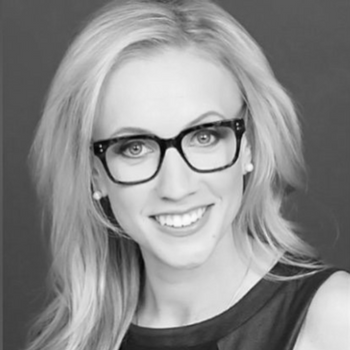Students demand mandatory transgender class to right the wrongs of colonial America
A group calling itself "Whose Diversity" has created a list of demands which are designed to eradicate "structural inequality" at the University of Minnesota
Demands include having two faculty of color "engaging in critical race and ethnic studies" in each department, creation of display celebrating "histories of activism initiated by marginalized communities."
A liberal group at the University of Minnesota (U of M) has ordered the school to admit it is a product of the evil actions of colonial Americans and must fundamentally alter its structure to make it up to marginalized communities.
“We demand an acknowledgement that the university exists as a product of colonialistic processes,” states the official website for the group, which calls itself “Whose Diversity?”
undefinedTweet this
The group has created a list of “permanent and substantial structural changes” that the school must enact to right these wrongs and has vowed not to stop.
The list of changes gives the school two years to have at least two “faculty members of color” in every single department who are “engaging in critical race and ethnic studies scholarship with a social justice emphasis.” It also demands that students with “historically marginalized backgrounds” have the opportunity to be involved in hiring these faculty.
Further demands include hiring more “medical providers of historically marginalized identities whose work is rooted in social justice” and increasing the number of “non-white” students to meet very specific proportions.
“In two years, the university student body should be proportional to three-fourths of the city demographics of non-white groups. (For example, the student body should be 13.5% Black in two years compared to the city demographics of 18% Black residents).”
The list also calls for a gender-neutral restroom in every building and a faith-neutral “meditation and healing” room on every campus.
“The decor shall be approved by a committee of students, staff, and faculty who embody multiple religious and spiritual beliefs to ensure that these rooms are as respectful and encompassing as possible,” it states.
In terms of “restructuring curriculum,” the group orders the school to force every student to take at least one course on “gender non-conforming issues,” and offer “substantially more” courses on “marginalized peoples.”
In case those courses are not enough to constantly remind students about the plight of “marginalized communities,” the list also demands that the school erect a display of historical documents and photographs chronicling their activism to be placed in a “centrally located space” on campus.
“There should be transparency about the university and its past dealings with race relations,” the group explains.
It also wants to ban the U of M police department from mentioning race in crime alerts, and stop the construction of luxury apartments near campus because they “gentrify and displace local communities.”
The group has promised that summer break will not stop them from fighting for these demands.
“They probably are hoping that over the summer we are going to stop working, but we are not going away,” organizer Tori Hong told the Minnesota Spokesman-Recorder, a local news source.
The group presented the list of demands to the school on April 30. At the time of publication, more than 700 students, faculty, professors and alumni had endorsed it.
Administrators have said efforts to meet with the group have been unsuccessful.
“We don’t want to keep going back and forth, bantering in the media about some issues that are real, and I think are doable and solvable if we all can come together at a mutually agreed time and date and talk,” Dean of Students Danita Brown Young told the Spokesman-Recorder.
But according to its website, “Whose Diversity?” does not want to become an official campus group, because that would force it to be “complicit in reproducing a homogenized notion of diversity.”
Neither “Whose Diversity” nor U of M responded to a request for comment from Campus Reform.
Follow the author of this article on Twitter @kctimpf

